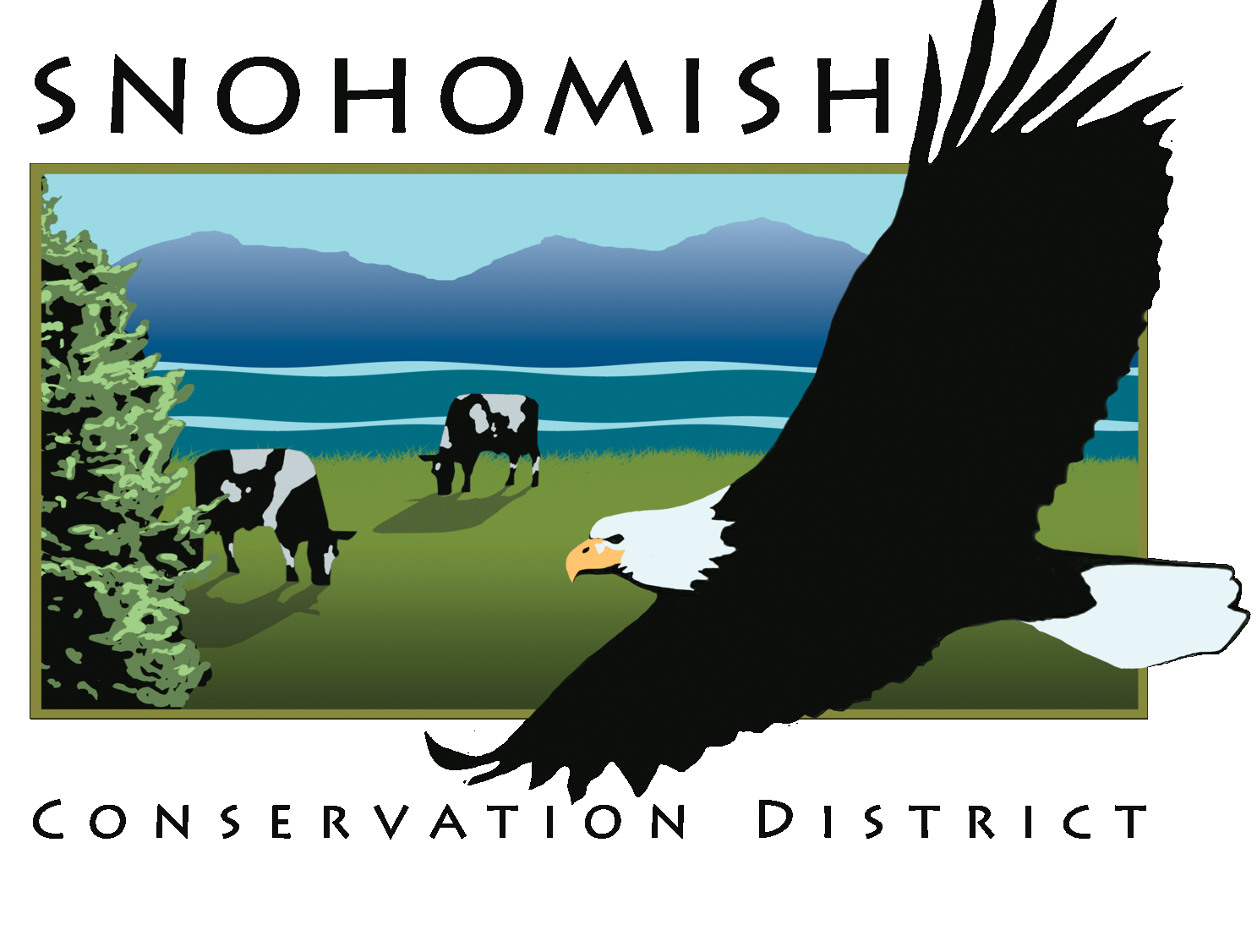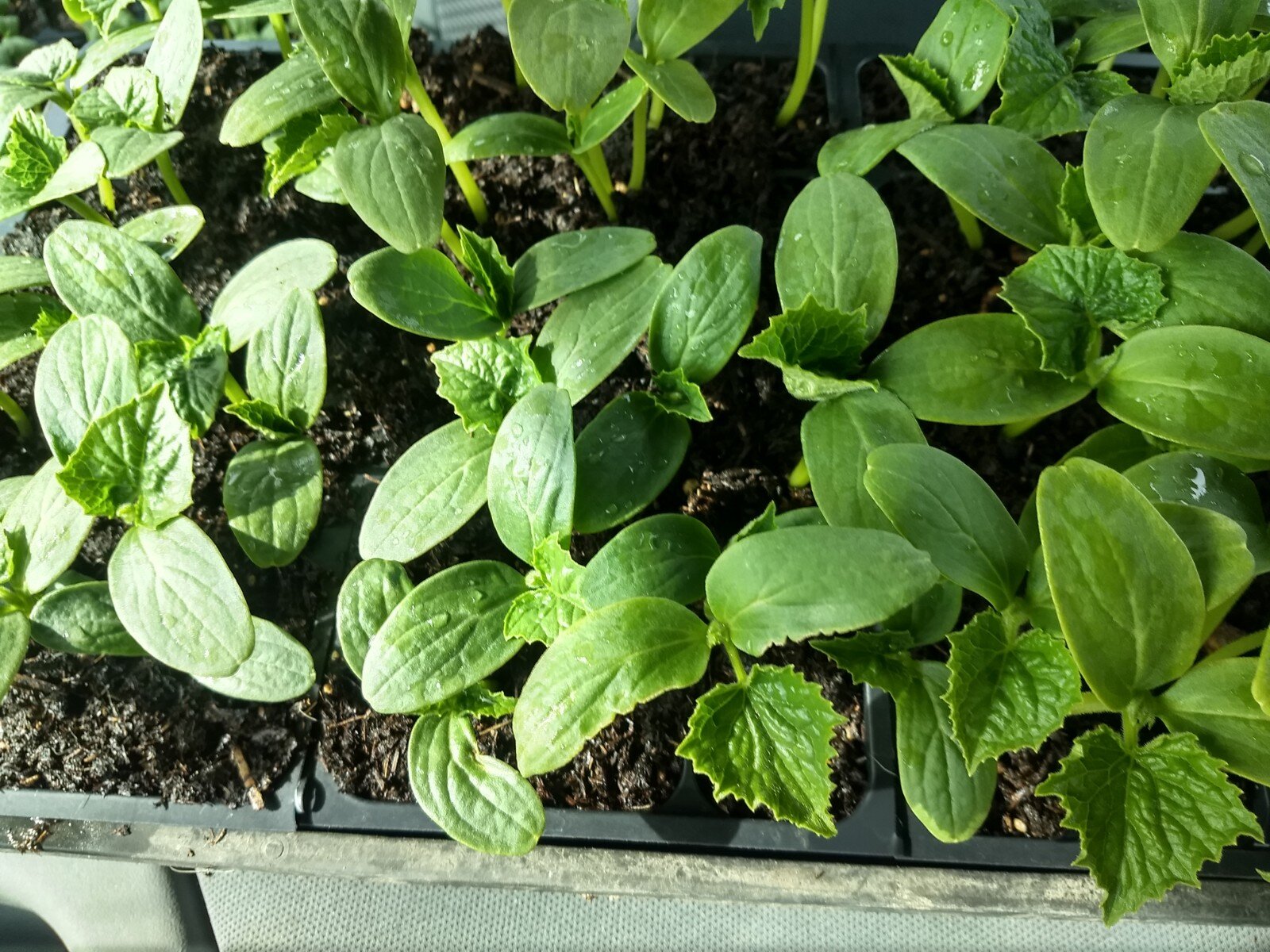Striving for Food Security During COVID-19
/When Joe Crumbley joined our team last year, he couldn’t have predicted that 2020 would be the year a global pandemic would create a national crisis for food security.
Unfortunately, 2020 is that kind of year. But during the COVID-19 health crisis, we are continuing to partner with local organizations in an effort to provide food security to families in Snohomish County.
As the Urban Agriculture program coordinator, Crumbley is the lead for Lawns to Lettuce and Project Harvest, a partnership-program with Volunteers of America. On a typical day, Crumbley works with community partners to organize educational events on gardening practices, locates properties that can grow food for donations, and connects organizations like food banks and non-profits with education, resources and partnerships to help them best aid those in need.
“We have, as an organization, an ability to make other partnering organizations stronger together through our collaboration,” Crumbley said. “We make sure they have everything they need, from start to finish. If there’s something we can’t provide, we connect them with another organization that can.”
The Urban Agriculture program focuses on promoting home-grown food. Lawns to Lettuce and Project Harvest act as a connector between community gardeners with gleaners and food banks, and by providing resources, education and incentives, the goal is that families will learn to become more self-sustaining.
“A lot of what we do is a balance of natural resource conservation and local food security,” Crumbley said.
Movement Towards Community-Wide Food Security
Currently, we are partnering with Carnation-based Oxbow Farms to help the non-profit Farmer Frog become a food and seed distribution hub as part of a national Co-Op gardening effort launched in response to COVID-19.
The non-profit is now receiving crops from Eastern WA that would otherwise be tilled back to the soil, bagging it and distributing it to food banks and families directly. Due to the space of the facility, social distancing can still be observed while a dozen volunteers pack seeds for the drive-through service.
We are helping bag and deliver food and seed packets with the Veteran Conservation Corps (VCC). The seeds are going to those who not only need them, but who will also share the fruits of their labor with their community.
Additionally, we are helping Oxbow and Farmer Frog provide starter kits that include educational packets to accompany the seeds, starts, and produce for organizations like Housing Hope or the Early Childhood Education and Assistance Program (ECEAP) to support families with students on the free and reduced lunch program.
“With our experience and educational resources, we can help break down barriers in urban agriculture,” said Crumbley.
Due to the nature of this health crisis, some communities are unfortunately at a higher risk. We’re working on creating more educational opportunities for people to learn how to grow food in the small spaces that most lower and middle-income families have to work with, as well as offering translated tips to bridge any language gaps.
To meet the increasing interest in home gardening, we’ve been collaborating with Brightwater Environmental Education and Community Center to host online classes that would normally be in-person. One class about sustainable gardening gathered a global audience- from New Zealand and Australia to Costa Rica.
“I don’t have an answer for how they heard about us, but it’s pretty neat that they were able to participate,” Crumbley said.
We’re also expanding our collaboration with healthcare providers to help educate their patients, as well as connect them with locally-sourced food. One of our other partners, South Everett Sea Mar, is currently giving classes to patients with dietary-related health issues to provide them produce and education in nutrition and gardening.
Partnerships Make This Possible
We would like to recognize the Everett Community College nutrition program for donating flower and vegetable starts to our program, as well as Jim Eichner with the Food Bank Farm in Snohomish for donating vegetable starts that were originally given to him through our vegetable seed service to non-profit organizations.
If you are looking for your next step, subscribe to our Lawns to Lettuce/Project Harvest e-newsletter and join our Facebook group. If you work with an organization or business that offers food security, or are looking to create a garden for community use, please look into applying for our cost share and seed packet program.
Extra hands for essential-businesses and organizations continue to be needed. If you’re interested and not in the high-risk category, please check with food security entities such as Farmer Frog to find out if they can use volunteers right now and what precautions they have in place to prevent the spread of coronavirus.
This time is difficult for all of us. But it will pass, and when it does, we’ll be happy to gather with you again in person.




